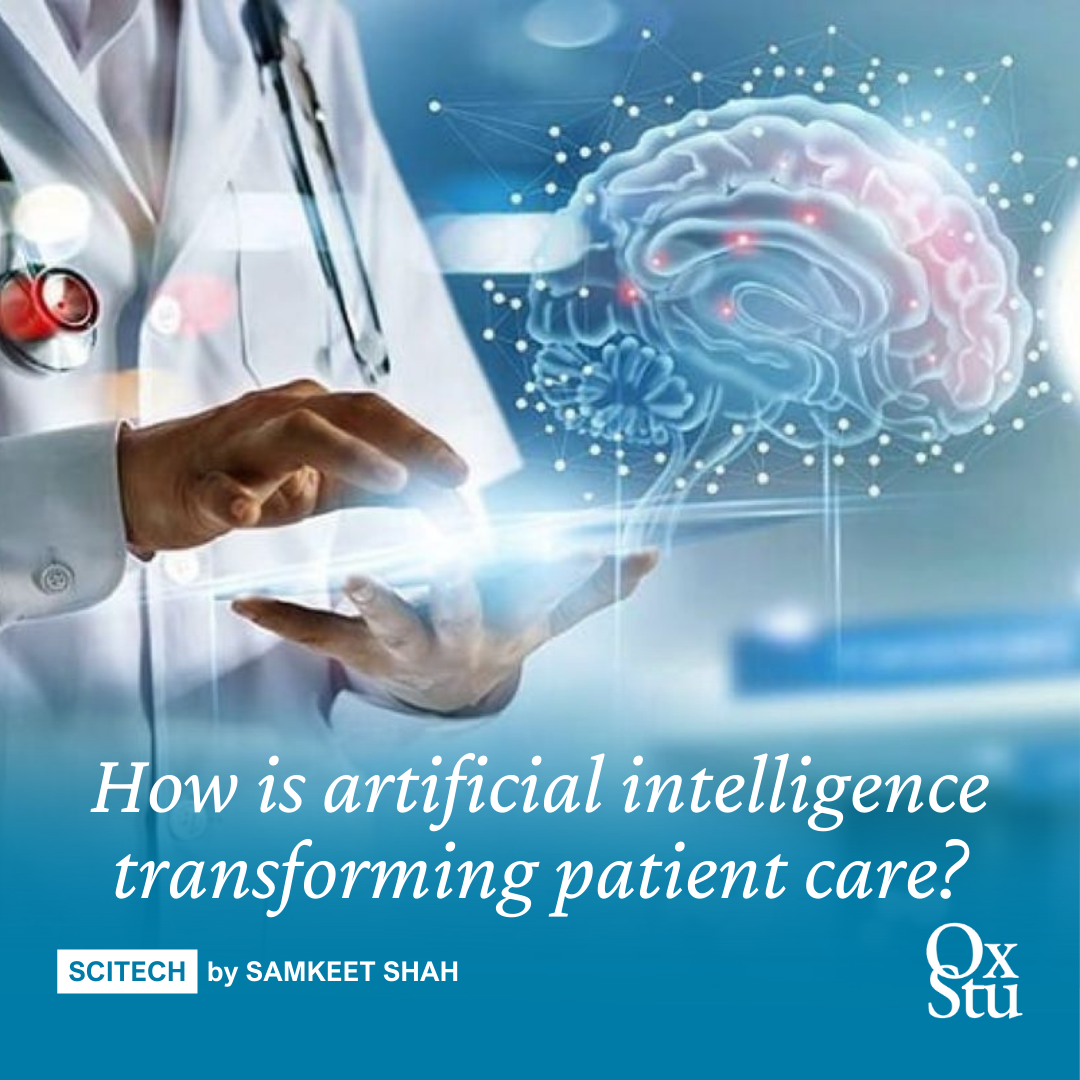
Artificial intelligence (AI) is expanding and revolutionizing every field and industry. With healthcare becoming more important than ever before, a change has been brought in how the field operates. Recently that change has been driven by AI. It has evolved and modified how physicians carry out disease diagnosis, prognosis, and treatment options. Patient care has undergone profound transformation by the inputs of AI – delivery, management, and recuperative stage- every aspect has been upgraded. However, the advances of AI in the healthcare industry have presented both advantages and disadvantages.
With most diseases, early diagnosis continues to offer high cure rates. With AI, early detection of diseases has become easier and more accurate. Doctors continue to use medical imaging and pathological tests for diagnoses, but AI has improved how the results of these tests are analyzed. In hospitals, radiology and pathology machines have been fitted with AI systems to analyze results produced by these devices. It has been observed that AI is doing a better job than ever before in finding abnormalities and detecting disease. The probability of misdiagnosis has been reduced greatly since the introduction of AI in healthcare.
Post-diagnosis, prognosis and treatment routes have also improved with the help of AI. For example, personalized medicine has become more popular and affordable due to AI’s ability to process large sets of patient information. Oncologist Dr. Susan G. Komen notes “AI facilitates the tailoring of treatments to individual patients, considering their unique genetic makeup, medical history, and lifestyle factors”. AI-powered personalized medicine has enhanced the efficacy of treatment routes and has given doctors some hope of treating cancer in the future.
AI has also simplified the drug discovery process, which has been known to be notoriously lengthy and costly. The drug discovery research process requires one to study the intricacies of different drug chemistry, their activity on a specific step in a metabolic pathway, and their efficacy and affordability. AI can process large amounts of data to make the drug discovery research and development process simpler. In immunotherapy, AI has been particularly effective in proposing novel potential drug candidates for rare diseases where the traditional methods are ineffective.
However, AI also brings with it a set of considerations and consequences. One of the main concerns is privacy. When using AI to process patient data, there is always a risk of AI leaking sensitive medical data when there are security breaches. Along with privacy, AI bias is another concern. When an AI system is trained by feeding it with data, it may sometimes have an intrinsic bias, and this can cause some form of inequality in healthcare. Some patient groups may benefit from this bias, while others may suffer.
There is also the consequence of loss of human interaction as AI-dependent telemedicine becomes more popular. Although it has made healthcare more accessible, it has adverse impacts on the essential patient-doctor relationship. In medicine, the human touch, empathy, and human judgment are essential for creating a perfect patient care experience. A delicate balance must be struck between AI’s computational power and human expertise, and this will determine how AI metamorphosizes healthcare in the future.
Thus, AI has transformed patient care, with its own set of advantages and drawbacks. In the words of Dr. David Bates, “AI in patient care is a double-edged sword, a powerful tool, if wielded responsibly and ethically, can be a transformative force in medicine”. Going ahead, we can capitalize on AI’s advantages and eliminate its disadvantages if used correctly.
Image description: Hologram image of a brain in front of a doctor in a white lab coat
Image credit: Inkol
Post Views: 172
